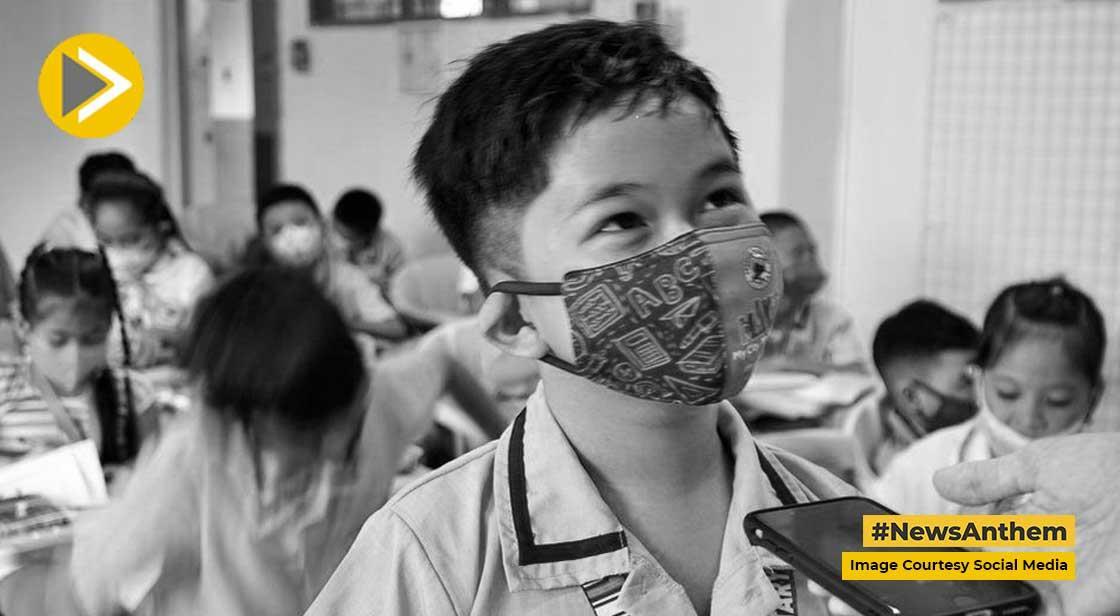UNICEF Calls on Taliban to End Ban on Girls' Education as Schools Reopen

News Synopsis
The United Nations International Children's Emergency Fund (UNICEF) has called on Afghanistan’s Taliban rulers to immediately lift the long-standing ban on girls’ education. The agency emphasizes that this prohibition threatens the future of millions of Afghan girls who have been denied their fundamental right to education since the Taliban regained power in 2021.
As the new school year begins in Afghanistan, the ban continues to exclude girls beyond the sixth grade from attending school. According to UNICEF, this has led to 400,000 more girls being deprived of education, bringing the total number of affected students to a staggering 2.2 million.
Afghanistan: The Only Country Banning Female Education
Afghanistan remains the only nation in the world where secondary and higher education for girls is officially prohibited. The Taliban justify this restriction by asserting that it aligns with their interpretation of Sharia, or Islamic law. This stance has sparked widespread condemnation from international organizations, human rights activists, and global leaders.
A Three-Year Violation of Girls’ Rights
“For over three years, the rights of girls in Afghanistan have been systematically violated,” said Catherine Russell, UNICEF’s Executive Director. She stressed the urgent need for the Taliban to allow all girls to return to school, highlighting the devastating consequences of prolonged educational exclusion.
“If these capable, bright young girls continue to be denied an education, then the repercussions will last for generations,” Russell stated.
Long-Term Consequences of the Ban
UNICEF warns that if the education ban remains in place until 2030, more than four million Afghan girls will be deprived of their right to education beyond primary school. The consequences will be dire, with significant societal and economic implications.
The lack of female education directly affects Afghanistan’s workforce, particularly in the healthcare sector. Russell warned that the continued decline in the number of female doctors and midwives would leave women and girls without essential medical care.
A Looming Healthcare Crisis
The absence of trained female medical professionals is expected to result in an estimated 1,600 additional maternal deaths and over 3,500 infant deaths. Russell underscored the gravity of the situation, stating, “These are not just numbers; they represent lives lost and families shattered.”
The ban also contributes to rising child marriages, domestic abuse, and long-term financial instability for Afghan women and their families. Without access to education, millions of young girls face a bleak future with limited opportunities for personal and professional growth.
Global Condemnation of Gender-Based Discrimination
Earlier this year, the Afghan Taliban government refused to participate in a Pakistan-hosted global conference, where Nobel laureate Malala Yousafzai condemned the ongoing suppression of women's and girls' rights in Afghanistan. She labeled the situation as gender apartheid, drawing international attention to the plight of Afghan girls.
International organizations and global leaders continue to pressure the Taliban to lift the restrictions on female education. However, the Taliban remain steadfast in their stance, leaving millions of Afghan girls in uncertainty and despair.
The Need for Urgent Intervention
UNICEF’s appeal underscores the pressing need for global intervention and advocacy to ensure Afghan girls regain their right to education. The agency calls on international bodies, governments, and humanitarian organizations to take decisive action in negotiating with the Taliban and providing support for alternative education initiatives.
The future of Afghanistan depends on its youth, and the exclusion of girls from education is a step backward in the nation’s development. Ensuring access to education for all children, regardless of gender, is essential for fostering a progressive, inclusive, and prosperous society.









